2. The role of social workers in a disaster
Social workers have long held multiple crucial roles in disaster response, including providing psychosocial first aid, crisis management and community rebuilding. However, this role largely remains unknown to both those outside and within the profession.
Social workers can play a role in disaster preparedness (before a disaster), response (immediate aftermath) and recovery (longer term support and development).
Complete short task 3 in workbook (15 minutes)
A statement has been developed in England, endorsed by the Association of Directors of Adult Social Services and the British Association of Social Work that highlights the role that social workers play following a disaster as a primary contact between individuals/families and services, as well as connecting individuals/families with networks of support, and identifying any safeguarding concerns. The full statement is available here.
There is also a growing body of research exploring the role of the social worker in disasters, and in supporting the development of this training a systematic literaure review was carried out by the University of Stirling to identify the key literature and research in this area. Key themes identified from this systematic literature review include (many of these will be expanded upon later in this module and in future modules, and the systematic literature review will be discussed in more detail in Module 3):
Disaster mitigation activities:
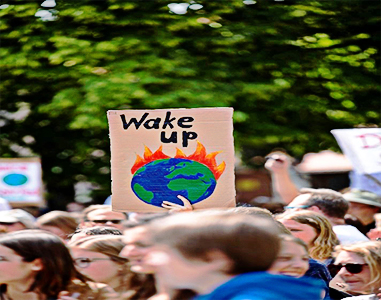
The steps taken to reduce the damage that a hazard can cause. This includes thinking about how to support those you work with in the event of a disaster, and ensure preparations are made. This can also include activities to reduce the danger a hazard can cause communities and individuals, such as planning alongside other organisations/services, and engaging in anti-oppressive practice advocating for the social justice, environmental justice and human rights.
Micro-level recovery strategies:
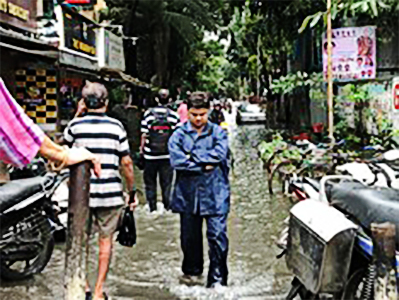
This includes immediate mental health support (assessments or mental health first aid) as well as supporting the development of longer term support groups for those experiencing long term psychosocial conditions. Social workers are also involved in reaching out to impacted communities, supporting them to come to terms with the disaster, and to plan and support their own recovery.
Macro-level recovery strategies:
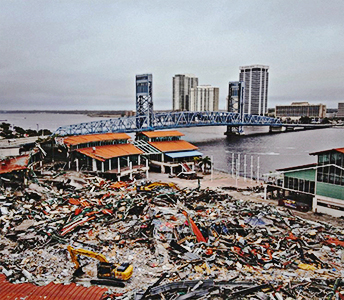
Social workers support communities impacted by disasters through community development, empowerment and transformation. Although many government and private organisation responses focus on short term disaster response, long term recovery for disaster impacted communities can take a decade or longer, and so this should be considered long term engagement for social workers. This also involves advocating for the involvement of these communities in their own recovery, and ensuring there is sufficient support for this longer term work.
Community Engagement:

The level of involvement that communities have in the organisational planning and response to disasters directly influences how quickly a community is able to recover. Social workers have a key role to play in reaching out and empowering local organisations, communities and individuals, supporting them to support themselves, and shifting the focus from disaster response to collectively rebuilding communities.
Supporting Socially Vulnerable Groups:
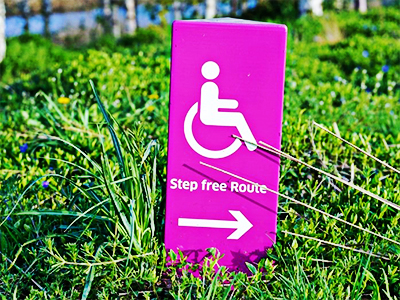
The history of disasters, up to and including the Covid-19 pandemic, show that the levels of vulnerability and risk are disproportionately distributed to certain populations, usually those who tend to be most socially marginalised. The capacity to recover from disasters is influenced by structural privilege and inequalities that are present long before the disaster. Social workers must therefore understand and respond in a way that targets and supports these specific populations.
Social Justice/Rights Based Approach:
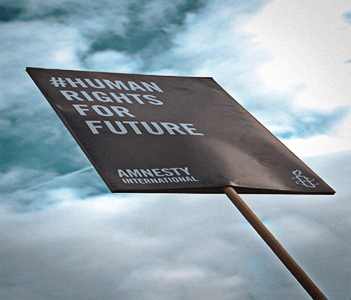
Social workers working in disasters must recognise the intersectionality of vulnerability in relation to disasters – it is the intersection of multiple disadvantages which has been shown to make particular communities more at risk of the long-term adversity following a disaster. A social justice/human rights based approach has been found to be most appropriate to respond to these issues.
Test yout knowledge:
What would the following activities best be classified as:
Mental health first aid:
- Disaster mitigation activity
- Macro-level recovery strategy
- Micro-level recovery strategy
Holding a community forum to discuss rebuilding plans:
- Community engagement
- Macro-level strategy
- Disaster mitigation activity
Contacting your local political representative about environmental risks in your area:
- Micro-level recovery
- Disaster mitigation activity
- Supporting socially vulnerable groups
Section links
- What is a disaster?
- The role of social workers in a disaster (current page)
- Skills for disaster working
- The communities we support
- Culturally appropriate support
- Follow up task
